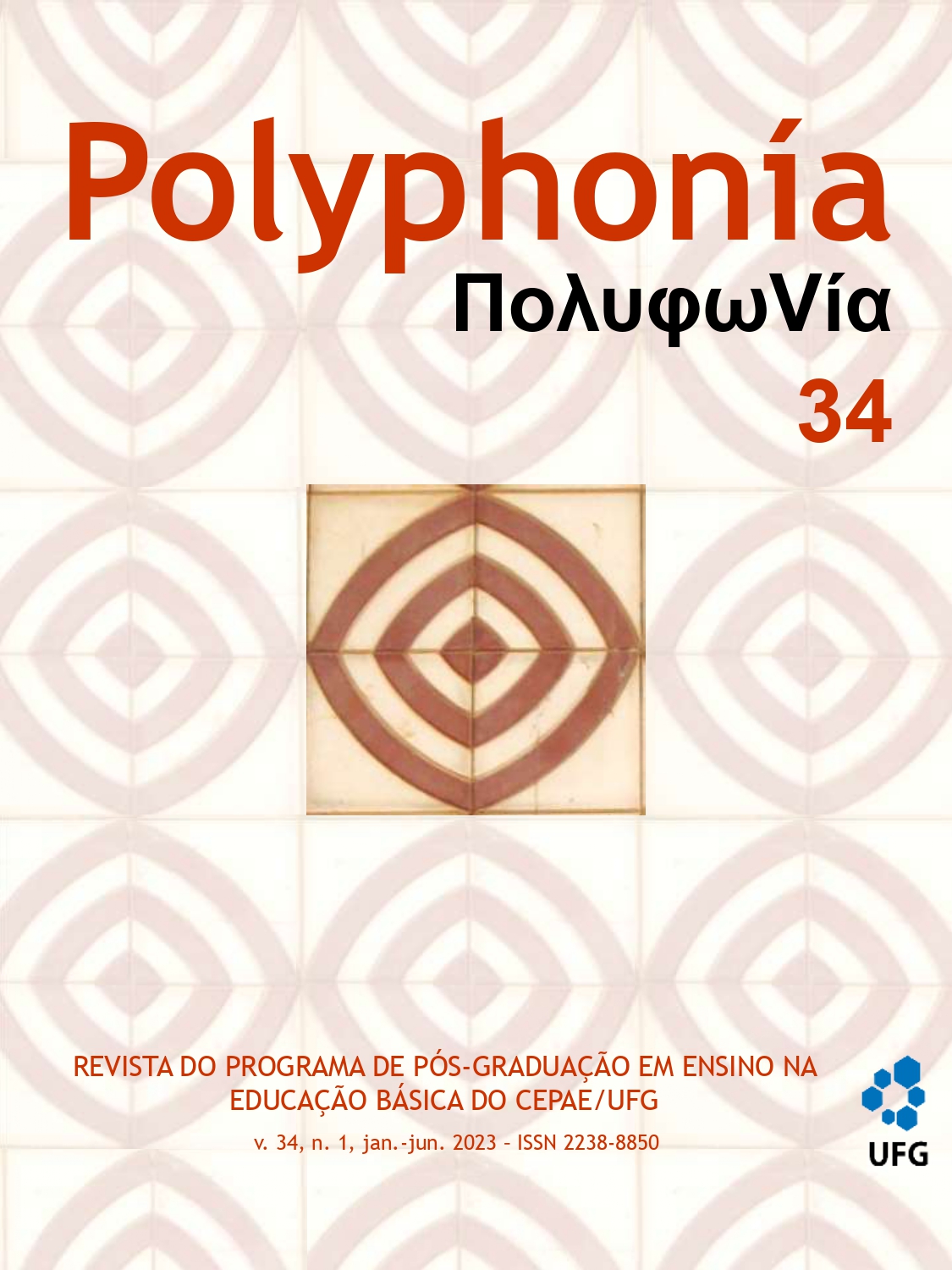Gênero, "raça" e educação: em defesa de uma abordagem decolonial do currículo escolar e das práticas pedagógicas
DOI:
https://doi.org/10.5216/rp.v34i1.77915Resumo
O discurso falocêntrico ainda é muito vivo na sociedade brasileira. Essa vividez é um dos reflexos dos processos históricos, sociais e culturais, em que os diferentes corpos se encontram, regulados em uma matriz de poder masculina/heterossexual/reprodutiva/branca/cristã que produz desigualdades. Dessa forma, este artigo tem como objetivo problematizar as relações entre currículo escolar, gênero e a partir da perspectiva decolonial. Para isso, e inspirados no método ensaístico, analisamos os estudos de autores e autoras que relacionam o currículo, a colonialidade do poder e a construção do gênero como produção de uma sociedade que reitera valores excludentes. Entendemos que as práticas escolares precisam contextualizar a realidade que vivenciamos e, sobretudo, tensionar processos histórico, social e cultural que constroem e regulam as diferentes subjetividades. Apontamos como caminho a decolonização do currículo escolar e o investimento em discussões que interseccionem a categoria de análise social com os marcadores de diferenças de classe e sexualidade.


